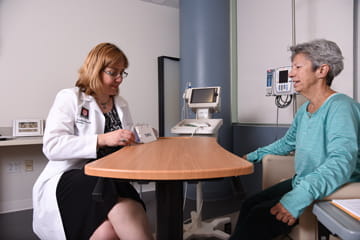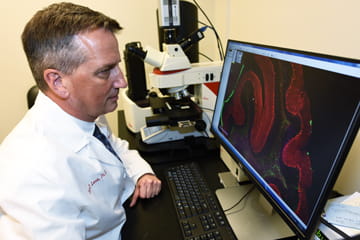Despite all the research efforts and several symptomatic treatments for symptoms, there is no known prevention, cure, or approved disease-modifying intervention for Alzheimer’s disease.
Physicians and clinicians have many symptomatic treatments that they use to treat the common behavioral symptoms of the Alzheimer’s and other dementias. Providers also work with families and community providers to teach them how to use non-pharmacological interventions first, then try medications to manage challenging behaviors if necessary.

